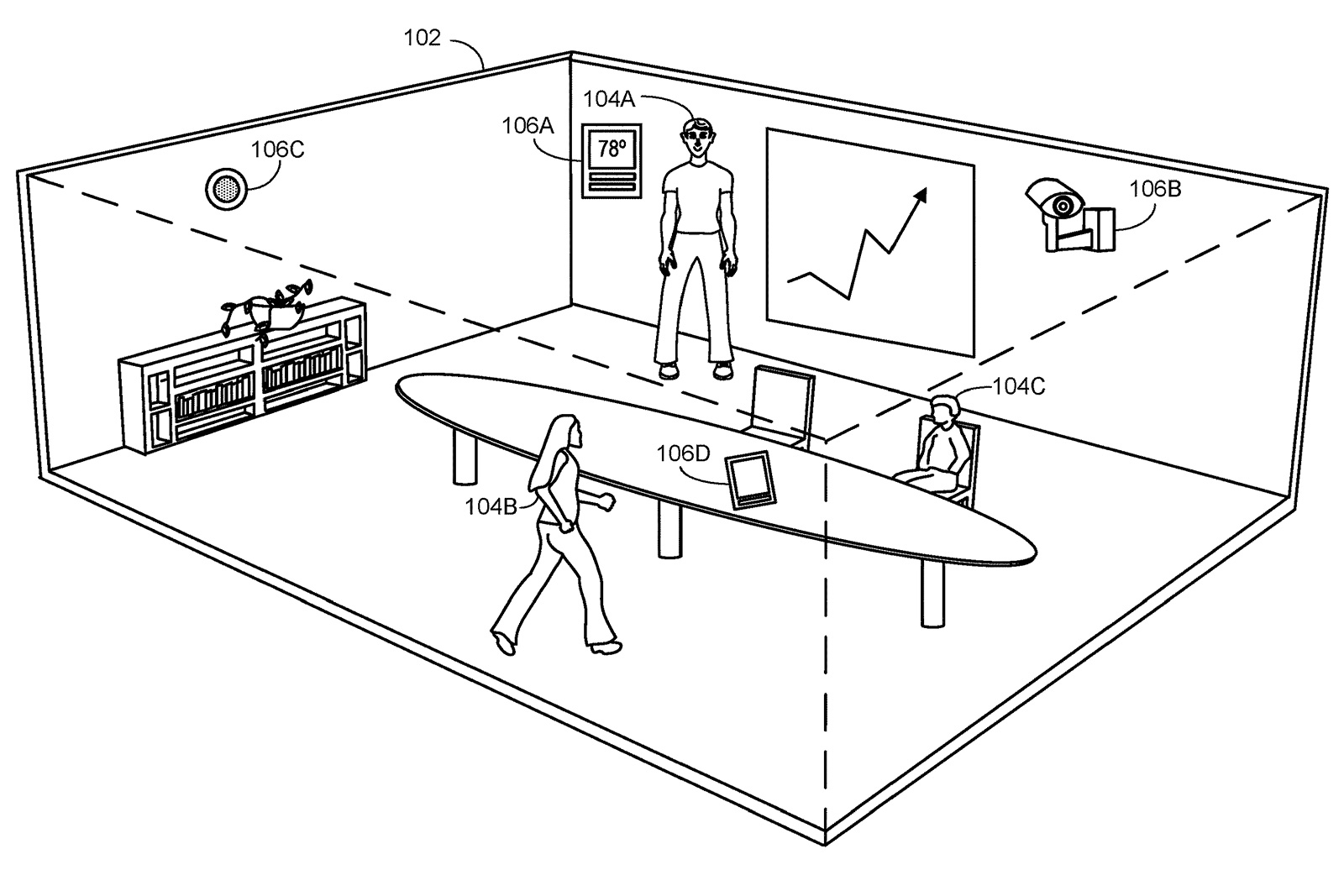You might not have to endure as many unnecessary company meetings in the future. GeekWire has found a Microsoft patent application for an “insight computer system” that would give meetings scores based on body language, facial expressions, the number of attendees and even ambient conditions like the time of day and temperature. If people are clearly distracted by their phones, for example, organizers would know a meeting was wasted even if they couldn’t read the room themselves.
The technology could apply to both virtual and (eventually) in-person meetings, and would use a mix of cameras and sensors for physical gatherings. It would even predict the likelihood of a useful meeting and suggest alternative times, locations and people if a meet-up was likely to flop.
This is just a patent application, and there’s no certainty that Microsoft will ever adopt the technology. GeekWire added that there aren’t any mentions of privacy protections, and that a Microsoft 365 “Productivity Score” feature introduced in October has drawn criticisms for allegedly enabling workplace surveillance. Microsoft would have to protect privacy and reassure workers that they won’t be fired for checking their text messages.
The application does line up with Microsoft’s increasing use of AI and other technologies to streamline the workplace, though. And if Microsoft can address the outstanding issues, this could be a useful tool for managers that want to improve their meetings — or better yet, avoid superfluous meetings altogether.
(28)

